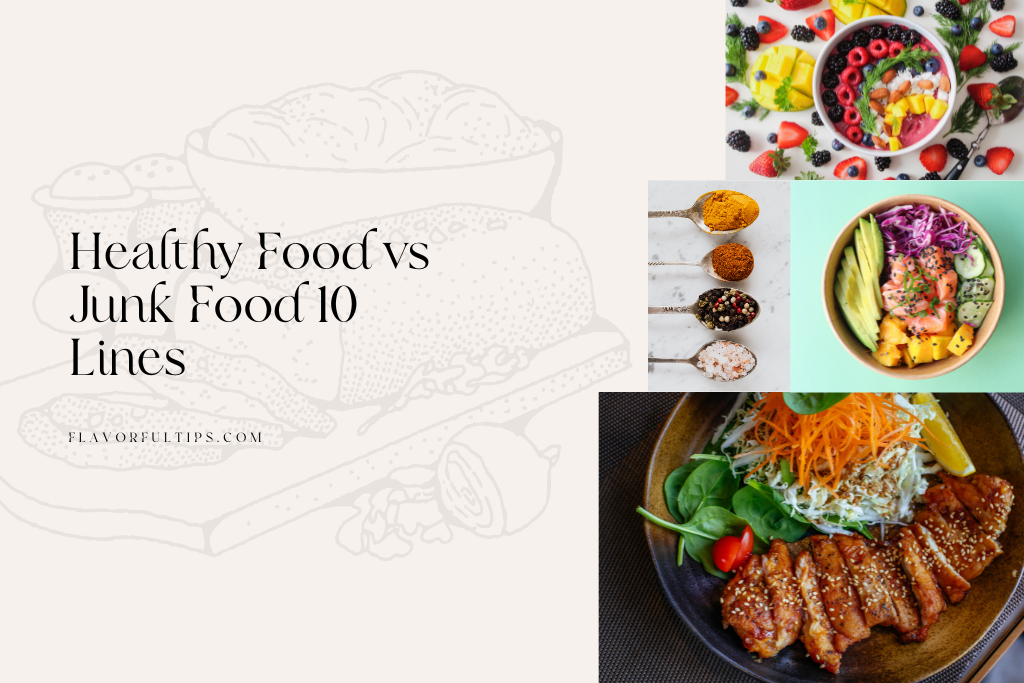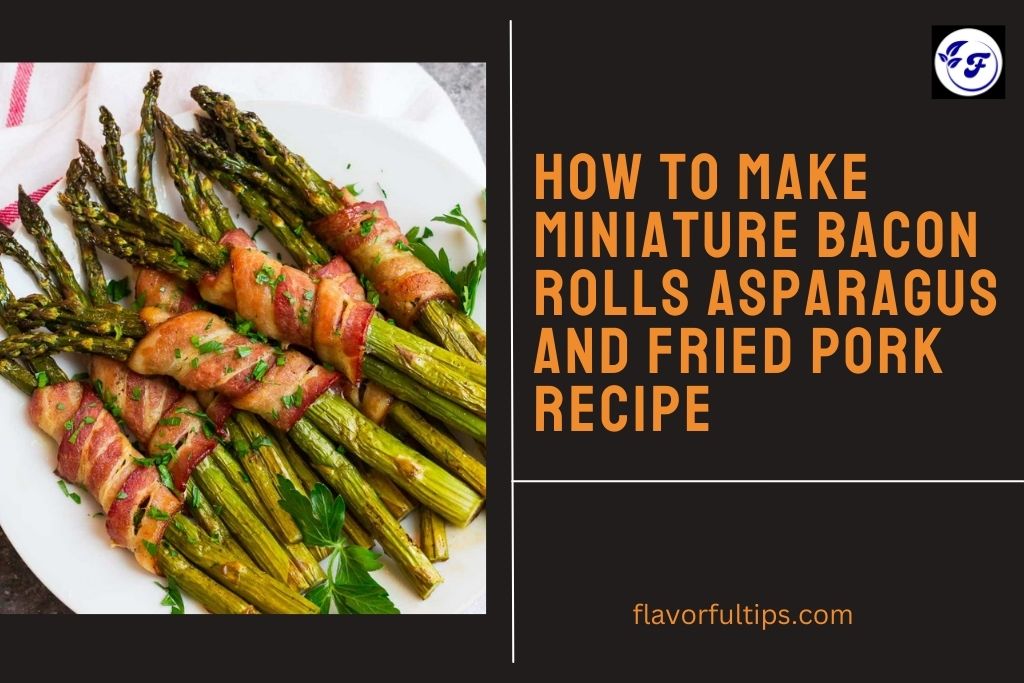If you’re looking to build a strong and muscular physique, it’s essential to pay attention to your diet. You’ve probably heard the term “bodybuilding food” before, but what exactly does it mean? In this beginner-friendly guide, we’ll break down the basics of bodybuilding food, including what it is, why it’s important, and some examples to get you started on your journey to a healthier, more muscular you.
What is Bodybuilding Food?
Bodybuilding food refers to a specific type of diet that focuses on providing the nutrients needed to build and maintain muscle mass. This type of food is carefully chosen to support muscle growth, repair, and recovery. Bodybuilders, athletes, and fitness enthusiasts often follow this diet to achieve their fitness goals.
Why is Bodybuilding Food Important?
- Muscle Growth: Bodybuilding food is designed to provide the necessary nutrients, particularly protein, which is crucial for muscle growth. Protein has amino acids, which function as the fundamental building blocks of muscle tissue. Consuming enough protein helps repair and rebuild muscles after strenuous workouts, leading to muscle growth over time.
- Energy: To fuel intense workouts and maintain overall energy levels, bodybuilders need a consistent source of carbohydrates. Carbs provide the energy required for lifting weights and performing other physical activities.
- Recovery: Intense workouts can cause muscle soreness and damage. Bodybuilding foods are rich in vitamins and minerals that helps in muscle recuperation and reduce inflammation, allowing for faster progress and less discomfort.
- Fat Loss: Many bodybuilders aim to maintain a low body fat percentage while increasing muscle mass. Bodybuilding diets often incorporate healthy fats to support this goal and provide a well-rounded approach to body composition.
| Also read: What Food Can Be Eaten With Brown Rice To Ensure All Of The Body’s Amino Acid Needs Are Met? |
Which Type Of Food Is Called Bodybuilding Food
Protein Sources:
- Lean meats (chicken, turkey, lean beef)
- Fish (salmon, tuna)
- Eggs
- Dairy products (Greek yogurt, cottage cheese)
- Plant-based sources (tofu, tempeh, legumes, and beans)
Carbohydrate Sources:
- Whole grains (brown rice, quinoa, oats)
- Fruits (bananas, berries, apples)
- Vegetables (broccoli, spinach, sweet potatoes)
- Legumes (black beans, chickpeas)
Healthy Fats:
- Avocado
- Nuts (almonds, walnuts)
- Seeds (chia seeds, flaxseeds)
- Olive oil
Supplements:
- Protein powder
- Creatine
- Branched-chain amino acids (BCAAs)
- Multivitamins
Hydration:
- Water is vital for overall health and muscle function. Staying hydrated is key to your bodybuilding journey.
Meal Planning Tips
To create a bodybuilding-friendly meal plan, consider the following tips:
- Balance: Aim for a balanced intake of protein, carbohydrates, and fats in each meal.
- Portion Control: Pay attention to portion sizes to manage calorie intake.
- Meal Timing: Eat protein-rich meals around your workouts to support muscle recovery.
- Consistency: Stick to a regular eating schedule to maintain energy levels.
- Variety: Incorporate a wide range of foods to ensure you get all the necessary nutrients.
Conclusion
Bodybuilding food is not a mysterious or complicated concept. It’s simply a diet focused on providing the right nutrients to support muscle growth and overall fitness goals. By including lean proteins, carbohydrates, healthy fats, and plenty of fruits and vegies in your diet, you can fuel your workouts, promote muscle growth, and achieve the strong, toned physique you desire. Remember that consistency and full dedication are key to success in bodybuilding, so stay committed to your fitness journey, and you’ll see the results you’re aiming for.



